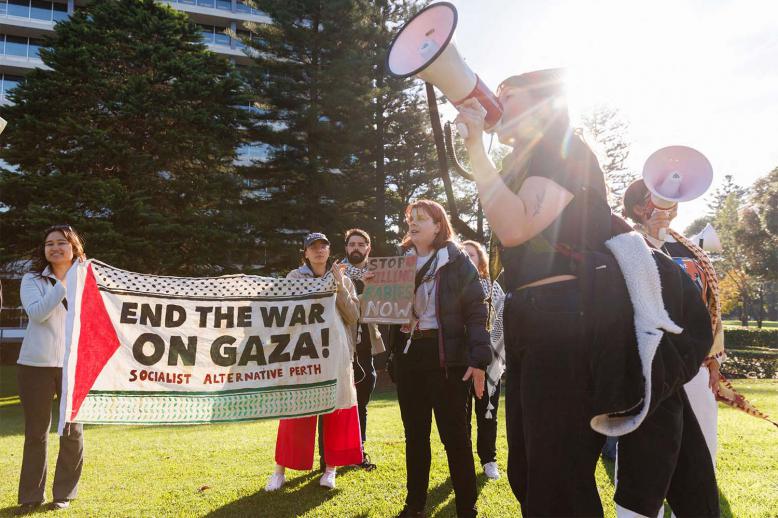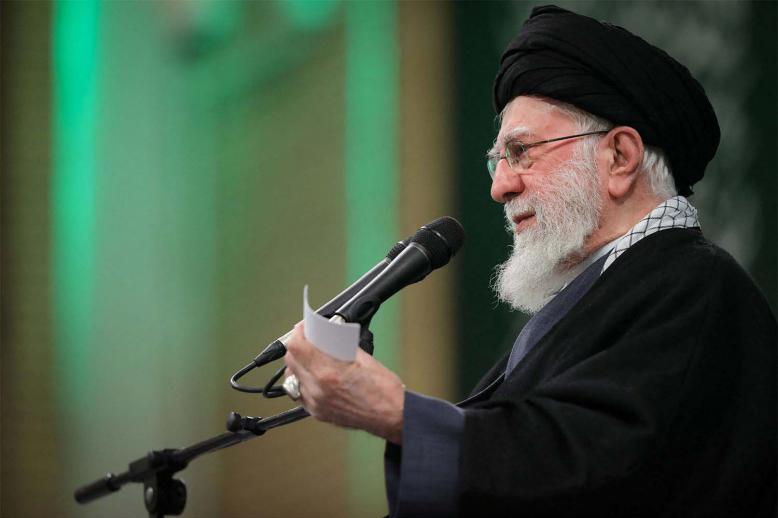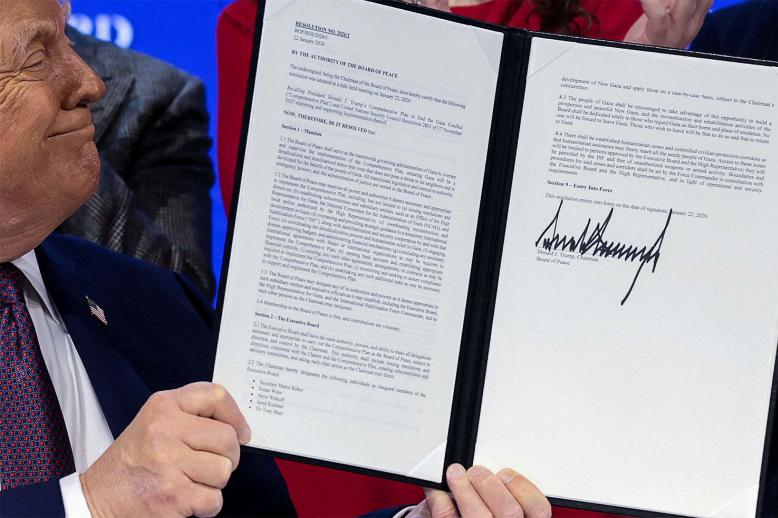Why a decisive victory in Hodeidah is crucial
The battle of Hodeidah is particularly important for several reasons and at the top is the strategic position on the Red Sea of the city’s port. For the Houthis, control is vital because the port provides them the resources they need most. This explains why their forces have put all their weight into this battle.
Progress has reportedly been made by the Saudi-led coalition to liberate the city, the port and the airport. However, that progress does not seem to be enough to translate into a political gain at this crucial time when UN Special Envoy for Yemen Martin Griffiths is calling for a new round of dialogue in less than a month.
It is no secret that Griffiths is receiving US and British support to pull together a new round of talks but it is not even clear which parties will be invited to participate. Will it be limited to pro-government forces and the Houthis and exclude all other active forces in Yemen? Among them are those taking part in the battle of Hodeidah alongside the national army of pro-government forces.
The battle of Hodeidah forebodes an unprecedented humanitarian crisis. What needs to be pointed out is that the forces seeking to liberate the city from the Houthis’ grip — which by extension is Iran’s grip — have a limited window of opportunity to achieve their goal. They have only one month to change the balance of power in Hodeidah.
Griffiths has previously obstructed pro-government forces from achieving victory there. Indeed, there was considerable pressure in June to stop the fighting. Those pressures were accompanied by negotiations conducted by the UN envoy with the Houthis in Sana’a, Muscat and elsewhere. The negotiations included indirect exchanges between Griffiths and Abdelmalik al-Houthi, leader of the Houthis in Yemen.
Can the pro-government forces and their allies from the Guards of the Republic and the Giants Brigade score a decisive victory in Hodeidah within a month?
If not, the situation will be difficult and complicated because there is an international desire to reach a settlement that would give the Houthis an independent entity in northern Yemen. This entity would be much like the Islamic emirate established by Hamas in the Gaza Strip and we know how that emirate has deepened the poverty of Gazans and deprived them of hope for a decent life in a better world.
What we are witnessing in Yemen is the collusion of certain forces with the Houthis to enable them to get their hands on part of Yemen, regardless of the threat they pose to regional security. The forces complicit with the Houthis do not care about the danger they pose. There is an insistence on avoiding a humanitarian catastrophe in Yemen but there is no concern for the heavy political price that must be paid or for the danger to regional stability posed by the Houthis’ relationship with Iran.
If the battle of Hodeidah is not resolved quickly, Yemen will stand at a crossroads. The possibility of having a Houthi emirate in Sana’a and its surroundings, extending to Hodeidah would become very likely.
However, removing the Houthis from Sana’a would return them to their original and true size. They are certainly part of the components of the Yemeni society and no one can deny them that or totally remove them from the Yemeni equation.
Having said that, they have no right to establish their own emirate and enslave hundreds of thousands of Yemenis as they are now doing. The Houthis have no civilisational project for Yemen nor do they have political or economic or educational projects. All they have are hollow slogans with no relation to reality, and all they know to do is recruit teenagers and children and post them on front lines.
Resolving the battle of Hodeidah within the next few weeks is a pressing necessity. A clear and decisive victory in the fight for the government’s side would dissipate the fog engulfing the future of Yemen and allow for the search for a new formula for the country, within or outside the framework of a union, a formula that avoids the humanitarian catastrophe and perhaps restores hope to the Yemenis.
Without a clear military defeat of the Iranian project in Yemen, a humanitarian catastrophe seems unavoidable.
Khairallah Khairallah is a Lebanese writer.
This article was originally published in The Arab Weekly.







